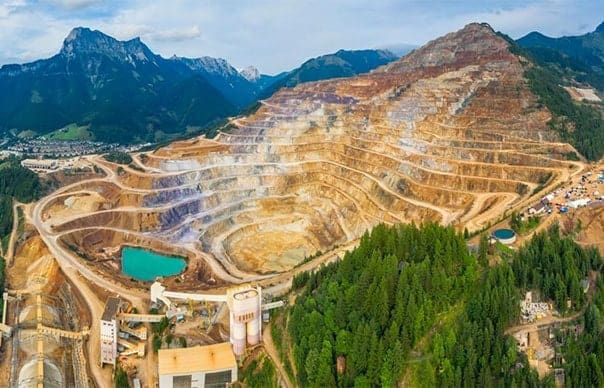The Intergovernmental Forum on Mining, Minerals, Metals and Sustainable Development (IGF) has released its newest Guidance for Governments: Improving Legal Frameworks for Environmental and Social Impact Assessment and Management.
“This report fills a gap in the literature on law and policy frameworks for environmental and social impact assessments [ESIA] and related management plans,” says Clémence Naré, who is a member of the report’s drafting team and serves as IGF’s Outreach Manager and Law Advisor.
“We surveyed global best practices and identified illustrative examples, strategies, and tools to help governments improve their governance and management of the mining sector’s environmental and social impacts,” Naré says.
ESIA and related management plans are critical to minimize the potential negative environmental and social impacts and optimize the benefits from large-scale mines.
“Too often, mining activity ramps up before the environmental and social impacts are properly considered,” Naré says. “For instance, in some cases, mines without adequate closure plans or related financial guarantees have been abandoned, leaving governments and communities with the heavy burden of managing the site.”
The publication is the fourth in IGF’s Guidance for Governments series. It is the result of consultations with governments and expert partners, which followed from an initial vote by IGF’s member countries that indicated a need for assistance with legal and policy issues surrounding ESIA.
The IGF supports 76 member nations committed to leveraging mining for sustainable development to ensure negative impacts are limited and financial benefits are shared. It is devoted to optimizing the benefits of mining to achieve poverty reduction, inclusive growth, social development, and environmental stewardship. The International Institute for Sustainable Development has served as Secretariat for the IGF since October 2015. Core funding is provided by the Government of Canada.

